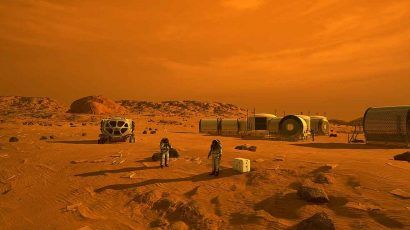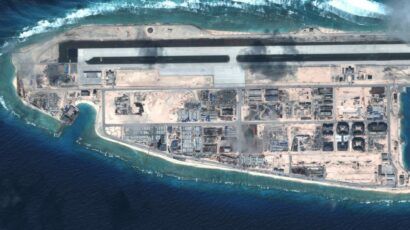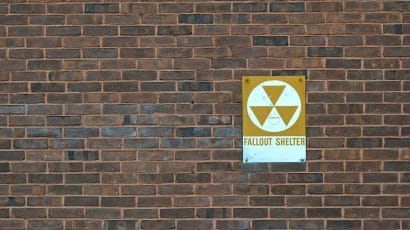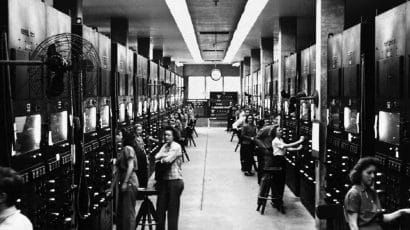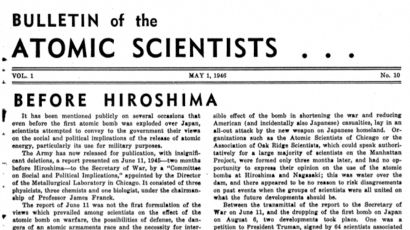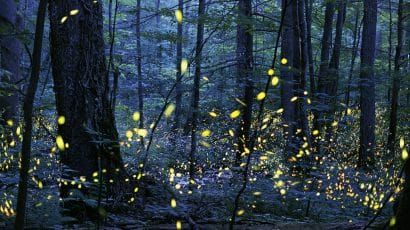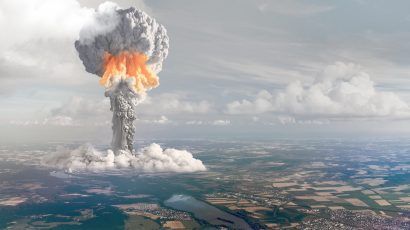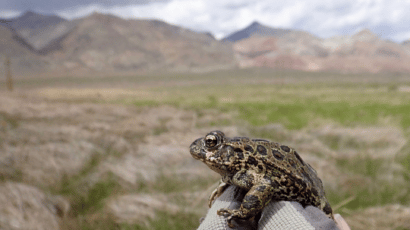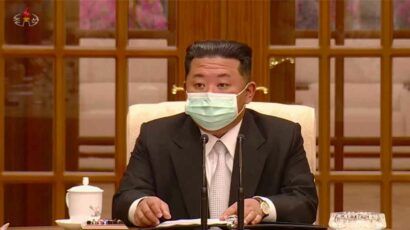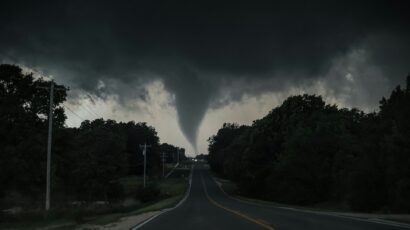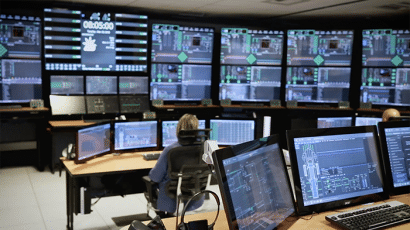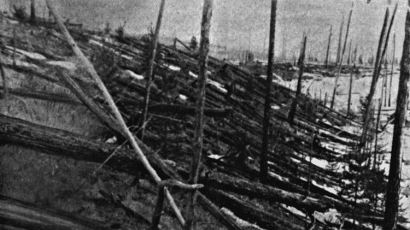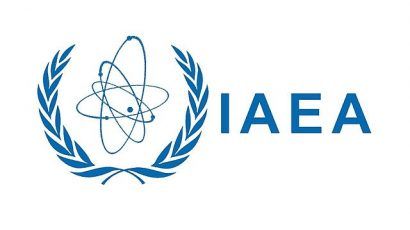Search results for trump
Not your grandparents’ Cold War: Why America should emphasize economic rather than military strategies in its rivalry with China
Why America should emphasize economic rather than military strategies in its rivalry with China.
The hidden stumbling block to progress on nuclear weapons
Policy makers seem to conflate nuclear weapons’ symbolic meaning with their utility as weapons, and that has made it harder to abolish them.
El futuro acuerdo con Corea
El callejón sin salida nuclear de Corea del Norte no podrá resolverse mientras la desnuclearización se considere la única solución aceptable. No hay duda de que quienes proponen sanciones y presión seguirán difundiendo sus argumentos durante los próximos años, e incluso décadas. Lo mismo harán quienes creen en una solución diplomática «al estilo de Irán». … Continued
The Manhattan Project: The race to build the atomic bomb
Virtual Tour: Turn Back the Clock “] Working in secrecy and in great haste, an army of men and women raced to build the world’s first atomic bomb in the midst of World War II. The code name for their clandestine military assignment: the Manhattan Project. While most Manhattan Project scientists fully embraced the mission … Continued
The A1 Verse: Victory Day
Something more than journalism, something that approaches … poetry.
Nuclear-free NYC: How New Yorkers are disarming the legacies of the Manhattan Project
Two of the people behind some of the most progressive nuclear disarmament legislation of any major city in the United States share some details of their work, to show what others can do to bring nuclear abolitionism home. They also give a sense of New York’s long history as a nuclear city—and as a hotbed of anti-nuclear activism.
Before Hiroshima
The May 1, 1946 edition of the Bulletin of the Atomic Scientists featured the declassified version of the June 1945 Franck Report, which argued for not bombing Japanese cities.
“Like a tiny galaxy descended into the forest”—new species of firefly found
Just in time to defeat the COVID blues, a new species of firefly has been discovered. The fireflies’ glow draws visitors in, just like many natural wonders. But those same guests could unintentionally put these fragile species at risk, as could light pollution and other human-caused changes to the natural environment.
The atomic age bears America’s original sin
The American Bomb was the white men’s bomb. A secure future demands that everyone have a seat at the table.
The rise and demise of the Clinch River Breeder Reactor
This year marks the 36th anniversary of the termination of the Clinch River Breeder Reactor Project, a federally funded commercial demonstration effort. In the very early 1980s, it was the largest public-works project in the United States. Japan, South Korea, China, France, Russia, and the United States are now all again considering building similar plants. … Continued
Showdown in Dixie Valley: Battle over geothermal project pits tiny toad against renewable energy
Geothermal reservoirs are a promising source of renewable power, but can the planet’s heat be harnessed without risking extinction?
Rage against the machine owners: Brian Merchant on Luddite lessons for 21st-century technology
The Luddite struggle can help us understand how wealth and power can become concentrated in the hands of a few at the expense of many.
North Korea claims to have defeated COVID. Experts wonder what’s really going on
North Korea claims that it has eradicated COVID within its borders. An outbreak starting in April may have infected nearly 5 million North Koreans. Experts are skeptical of the isolated country's claims, and some think other motivations are at play behind the announcement.
More tornadoes are hitting the Northeast. The changing climate may be to blame
Even a tiny increase in the number of tornadoes in the Northeast and mid-South could correspond to a much greater potential for damage and loss of life because those regions have higher population densities compared to the Great Plains.
Why was the Sendai nuclear power plant restarted?
The decision to restart the reactor at Sendai is probably based upon the “dismal science:” economics.
Are small modular reactors the solution to climate change? Some Canadians think so.
Not a single small modular reactor has been built in Canada. But no matter, the technology is the darling of nuclear power circles—much to the dismay of environmentalists.
Politics or policy? What’s thwarting India’s Nuclear Suppliers Group ambitions
Indian analysts and policymakers blame political factors for the failure of the country’s campaign to join the Nuclear Suppliers Group, but resolving concerns about India’s nonproliferation policies is the key to success.
Why the United States did not demonstrate the Bomb’s power, ahead of Hiroshima
Would a demonstration on a forest near Tokyo have had as much or more impact on ending the war as the bombings of distant Hiroshima and Nagasaki? Possibly.
Let Hiroshima guide us back to nuclear basics
We knew within a year of the US atomic bombings of Japan how to rein in atomic dangers, but we still haven’t taken all the right steps.
